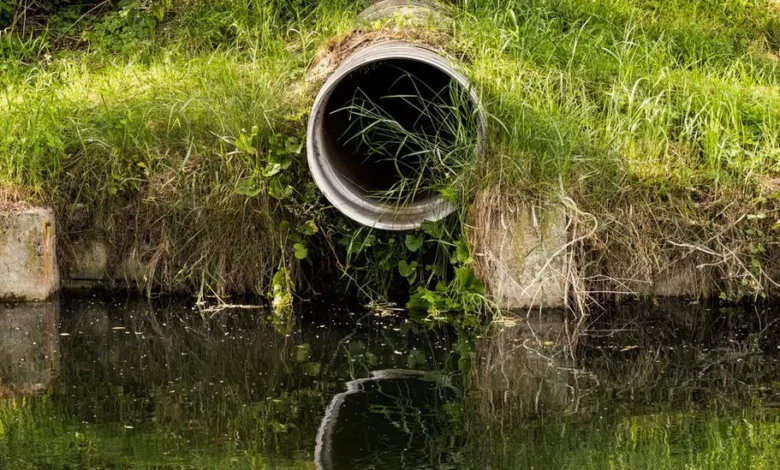Water firms will face ‘substantial’ sewage fines, minister says

Water companies who break the law will face “substantial penalties”, with the government still considering fines of up to £250m, Environment Minister Rebecca Pow has said.
It comes after the Times reported the government was backing away from plans to increase maximum fines for dumping sewage in rivers and seas to £250m.
Ms Pow said water firms “must act urgently” to improve their performance.
But Labour accused the government of “the same old promises” without action.
A consultation on increasing the cap on civil penalties for water companies is due to open in the spring.
Proposals to increase the maximum fine from £250,000 to £250m were put forward by the previous Environment Secretary, Ranil Jayawardena, in October.
However, the Times has reported that his successor, Therese Coffey, believes such an increase is disproportionate.
The Department for Environment, Food and Rural Affairs has said all options, including £250m fines, are still on the table.
Water companies have been facing increasing scrutiny over incidents of untreated sewage being discharged into rivers and seas.
Responding to an urgent question on the performance of firms in the Commons, Ms Pow told MPs: “Where water and sewage companies are found to be breaking the law there will be substantial penalties…. We are looking at whether we will go ahead with the £250m cap that has been proposed and we’ll be consulting on that shortly.”
The environment minister said the current situation was “totally unacceptable”, adding: “The British people expect better, and so does this government.”
But Labour’s shadow environment secretary Jim McMahon accused the government of failing to take action against firms.
“We are here again, where the same old excuses get drawn out, where the same old promises for action get drawn out,” he said.
“The water companies know they can laugh all the way to the bank because the government won’t take action.”
Conservative MP Caroline Nokes suggested fines were not enough to force companies to improve their performance.
“Southern Water had a record £90m levied a few years ago – that wasn’t enough to convey the message,” the former minister said.
“So rather than fines, could we make sure that money is levied to force investment in the network? Because current performance suggests that so far it simply hasn’t worked.”
Currently if water companies break the law or harm the environment, the Environment Agency can pursue both criminal and civil prosecutions.
While fines handed out through criminal prosecutions are unlimited, civil sanctions can be imposed more easily, without a lengthy court process.










